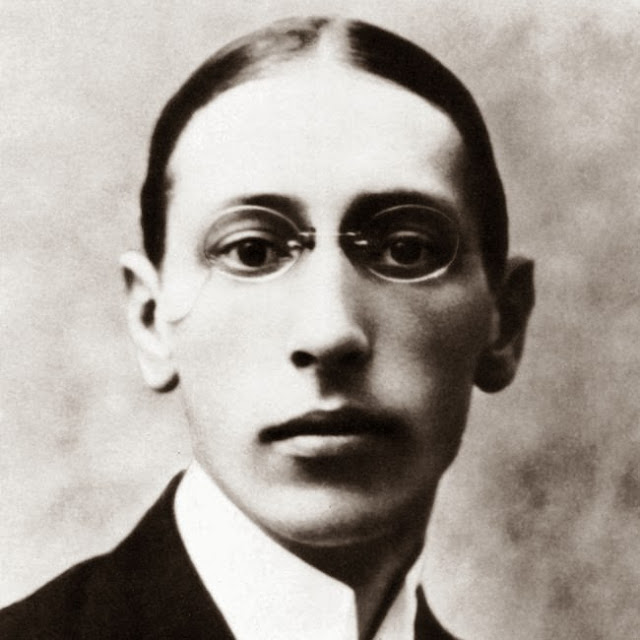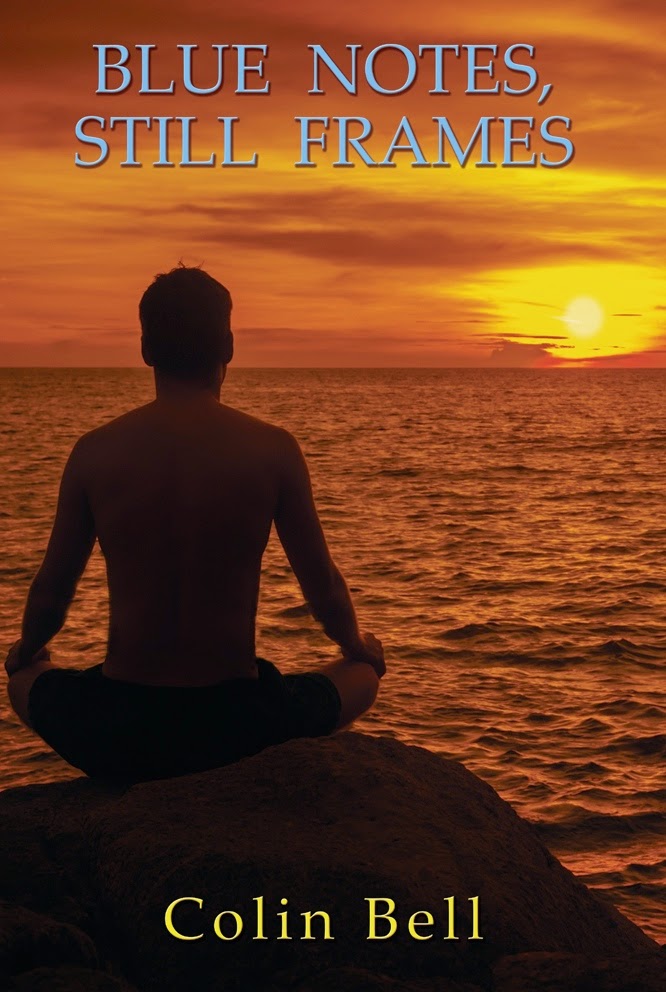Modest Mussorgsky (1839 – 1881)
I have to warn you that today’s blog is a tragic tale. Yesterday I wrote Mussorgsky’s great unfinished opera Khovanschina and one of the composer’s finest interpreters, the Ukrainian bass, Mark Reizen. It is a melancholy and solemn affair, this opera, one of the star works from my current year of my chronological musical study, 1880. As with his most famous work, Boris Godunov, the piece is an unconventional operatic portrait of “Mother Russia” and the flawed leaders from its past often seen from the perspective of the Russian people, the dispossessed and the despised depicted in music of unconventional power and originality often sung most powerfully in a series of magnificent choruses, truly the voices of the people. Modest Petrovich Mussorgsky (1839-1881), was a chaotic character (Musorgsky, as some smart people spell it – the single S is a more accurate translation for the Russian Z sound). He was a musical genius, a brilliant pianist, he often refused to take musical lessons from his predecessors, looking instead for ways of ‘making it new’, even if that meant that his raw vision shocked his contemporaries even leading his friends to doubt his genius. The portrait above was painted just a couple of days before his death from the effects of long-term alcoholism by his friend the Russian artist Ilya Repin (1844 -1930). Mussorgsky was forty-two years old and had plummeted down the social scale from his origins as a privileged upper middle class boy from the landed classes. On his way down, this witty, dapper, sensitive but vivacious and highly original young man learnt how to live on the streets, question his class, his sexuality and his art and to look horror in the face. In the end that horror is written into his music and onto his face too.

Modest Mussorgsky as a young man
It should come as no surprise that Mussorgsky’s last opera should remain unfinished, even in pieces, with only part of it orchestrated and the last two acts often only sketched. It might not have been this way though because work started on the piece long before the worst of his drinking befuddled his mind. He had begun thinking about it in 1872 and had quickly formed many of the ideas for this work which he drew from a number of history books concerning the rise of Tsar Peter the Great in the late 17th Century. Mussorgsky often composed in his head and preferred to let fully thought through sections stay in his head for a long time before he even thought of writing them down. By 1875, he had completed act one and had got a long way into act two with an intensity of inspiration that might well have carried him through to the end if he hadn’t had a letter from a friend.
Vladimir Stasov (1824 – 1906) by Ilya Repin
Vladimir Stasov (1824 – 1906), the music and art critic, was a friend of Leo Tolstoy, a passionate advocate of new Russian music, described by Ivan Turgenev “our great all-Russian critic.” He was Russia’s very own Music Tsar, portrayed by Ilya Repin, with the confidence of a Renaissance Pope. He may have told another friend that he considered Mussorgsky “an idiot” but he also thought him an inspired one. Stasov had suggested the plot of Prince Igor to Borodin and that of Khovanschina to Mussorgsky but his doing good was sometimes too interfering for the longterm good of the composers he befriended. Still inspired with his creation, Mussorgsky received a letter filled with “helpful” and “constructive” advice from Stasov which began a piece by piece deconstruction on what he had seen so far: “There are choruses, there are songs (for both men and women), there is excellent music, but no action or interest. there are also no connections with the rest of the opera…” (Musorgsky, His Life and Works by David Brown, Oxford University Press, 2006).
Too many sensitive artists have listened to over-confident advice from interfering experts.
Mussorgsky fell apart and started to tear his work apart too even deciding to put it aside for a while to begin a new opera – Sorochinsky Fair, which was also left unfinished as alcohol and periods of mental collapse took their toll. The next five years of his life make depressing reading, doubly so for anyone interested in musical history. Alcohol would have got him in the end, no doubt, but Vladimir Stasov, so certain in his often unoriginal solutions, wrote the letter that blew the project. When Mussorgsky died in 1881, the score of Khovanschina was a bundle of papers left incomplete and in chaos but fastidiously gathered, ordered and re-orchestrated by another distinguished Russian composer from this period, Nikolai Rimsky-Korsakov (1844-1908), brilliant orchestrator, generous friend, inspiring teacher but, yes, let’s say it, rather a dull composer. OK, don’t shout, I know Scheherazade is a lovely piece and I too can hum the Flight of the Bumblebee but you know what I mean.

Nikolai Rimsky-Korsakov (1844- 1908) by Ilya Repin
Rimsky-Korsakov’s version of Khovanschina with a newly composed final scene at least brought the work onto the stage in 1886 but it has mostly been discredited for its musical correctness and over-flashy orchestration. Serge Diaghilev, the Russian impresario described by Vladimir Stasov as a “decadent cheerleader” asked Igor Stravinsky to re-orchestrate Rimsky’s reorchestration with a bit of help from Maurice Ravel but the Russian bass Chaliapin refused to sing anything but the Rimsky and, tragically in my opinion, the Stravinsky score has been lost apart from the last scene which is still sometimes performed because it’s melancholy tone fits better, I think, with Mussorgsky’s dark poetry than Shostakovich’s Soviet-inspired optimistic flavour.
Igor Stravinsky (1882-1971)
In 1959, Dmitri Shostakovich was asked to make another orchestration of the opera for a new film of the work. He went back to Mussorgsky’s original score and created a new score, first for the film and then for the stage in 1960 – the version that we mostly hear today.
Dmitri Shostakovich (1906 -1975)
Khovanschina will always be Mussorgsky’s unfinished masterpiece. There will always be sadness and frustration that his original mind couldn’t have forged the entire work but, thanks to Rimsky-Korsakov, Stravinsky and Shostakovich, we have a great piece of opera theatre, a thrilling hybrid (written between 1875 and 1960) that might have simply disappeared down some Russian back alley when poor Modest Petrovetch Mussorgsky disappeared on one of his many unchronicled drunken expeditions into Russian low life.
To hear how we really now have an interesting mix of late 19th Century and mid-20th Century opera, take a look at this short clip from a Bavarian State Opera production conducted by Kent Nagano.
———————————————————————————————————–
MY FICTION AND POETRY:
STEPHEN DEARSLEY’S SUMMER OF LOVE
My novel, Stephen Dearsley’s Summer Of Love, was published on 31 October 2013. It is the story of a young fogey living in Brighton in 1967 who has a lot to learn when the flowering hippie counter culture changes him and the world around him.
It is now available as a paperback or on Kindle (go to your region’s Amazon site for Kindle orders)
You can order the book from the publishers, Ward Wood Publishing:
…or from Book Depository:
…or from Amazon:
BLUE NOTES, STILL FRAMES
My second novel, Blue Notes, Still Frames, will be published in 2015 by Ward Wood Publishing. It begins with Joe Edevane, a Brighton street busker with surprizing powers who borrows a towel from well-heeled strangers, Alan and Rachel, for his Goth girlfriend, Victoria, and begins a chain of events that changes all of their lives.
COLIN BELL’S PUBLICATIONS:
FICTION:
Stephen Dearsley’s Summer Of Love
Ward Wood Publishing
October 30, 2013
Genius Floored: Uncurtained Window
Soaring Penguin Press
June 15, 2013
Poetry anthology
Genius Floored: Whispers in Smoke
Soaring Penguin Press
June 6, 2014
Poetry anthology
Reaching Out
Cinnamon Press
December 2012
Poetry and short story anthology
Tic Toc
A Kind Of A Hurricane Press
June 2014
Poetry anthology
In The Night Count The Stars
Bittersweet Editions
March 1, 2014
An “uncommon anthology” of images, fragments, stories and poetry.
POETRY JOURNALS:
The Blotter
The Blotter Magazine Inc.
November 2009
Three pages of poetry in the American South’s unique, free, international literature and arts magazine.
The Fib Review
Musepie Press
My Fibonacci poetry has appeared in this journal from 2009 until the present
Shot Glass Journal
Muse Pie Press
My poetry has appeared in various issues of this short form poetry journal
Every Day Poets Magazine
Every Day Poets
I have various poems of the day published in this 365 days a year poetry magazine.
http://www.everydaypoets.com/?s=Colin+Bell








